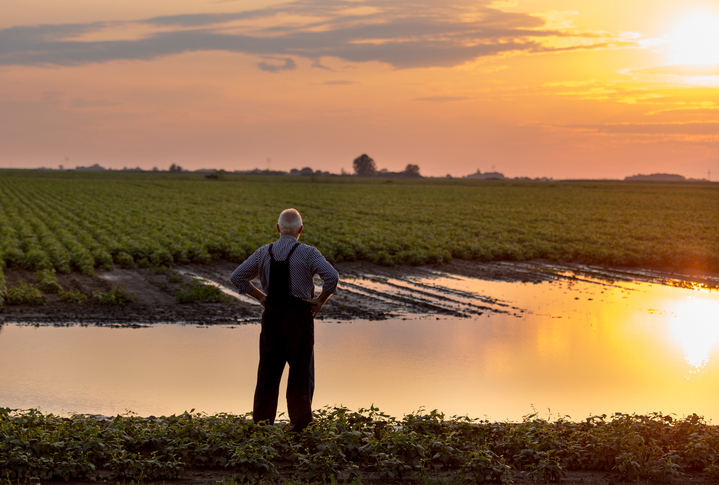
Thinking about retiring from farming but concerned about the tax implications?
Throughout my time acting for farmers with their property matters, conversations about when a farmer retires and passes the farm to the next generation have always been difficult. However, with the average age of farmers increasing, these conversations are likely to become more and more common.
There is so much emotion tied up with the farm; it is not only the farmer’s home, that extends beyond just the four walls of the farmhouse, but their business and an enterprise, which has, in many cases, been developed by a number of generations of the family.
Legislative changes in the farming industry
The industry is also facing major changes from all directions, with the Agriculture Act 2020, the pending Environment Bill and Brexit all playing their part.
It is clear that as part of these changes the Government wants to encourage new entrants to the industry and allow those wishing to retire to do so with dignity.
For many farmers, the main concern when disposing of land (including by passing it down to the next generation) is the tax treatment of that disposal. Currently, farmers are able to claim Agricultural Property Relief (APR) on death, but only if they are still actively farming. This results in farmers remaining in the industry until they die to secure the tax benefit, leaving the next generation or new entrants waiting in the wings.
Retiring from farming – the exit lump sum scheme
One of the Government’s proposals to address this issue is the Exit Lump Sum Scheme, the consultation period for which closed on at midnight on the 11th August 2021. The outcome of that consultation and finalised Government proposals are expected in October 2021.
The consultation proposals were clear that in order to receive the lump sum, farmers must dispose of their land either by selling it, renting it out or gifting it away – the crucial point being that they are no longer actively farming it. However, any disposal of this nature will affect the ability to claim APR (if, for instance, the farmer retains and lives in the farmhouse) and if the land is sold there will be concerns about potential liability to Inheritance Tax (IHT) on the cash lump and Capital Gains Tax (CGT).
Whether the lump sum payment would be sufficiently enticing when considering retiring from farming will undoubtedly depend on:
- The size of that payment (there is talk of a cap being imposed);
- How it is treated for tax purposes (a subject which, astonishingly, the consultation barely addressed); and, I suspect,
- The tax treatment of any gift disposal or renting of land as part of the retirement incentive.
As solicitors, any transition period from one regime to another means we have to consider the advice we give and the documentation we draft with even greater care, bearing in mind the effect which such proposals might potentially have on our clients. This can be challenging, given that the detail of the proposals is not yet available or even decided, meaning that we need to do what we can to protect our clients from that uncertainty.
Delinked payments
Another area where we are increasingly being asked to advise our clients is in relation to the proposed “delinking” of payments under the Basic Payment Scheme (BPS). The Government has proposed that BPS payments between 2024 and 2027 (when BPS will be phased out entirely) should be “delinked” from the land farmed and instead simply be paid to the person who holds the BPS entitlements.
These proposals would have an impact on clients who are both buying and disposing of land. If you are buying land, is it worth buying entitlements either from the seller or on the market? On a disposal, we will instead need to be advising clients (in association with their accountant and land agent) on whether they should sell any entitlements to the buyer or retain them either permanently or to be sold separately. Delinking also poses a question for new Farm Business Tenancies – should the tenant be able to delink the BPS payments if the entitlements have been leased to them along with the land?
In the current climate, never has it been more important for farmers and landowners to have a good professional team behind them in the form of solicitors, accountants and land agents.
